Building on the Busch Family Legacy
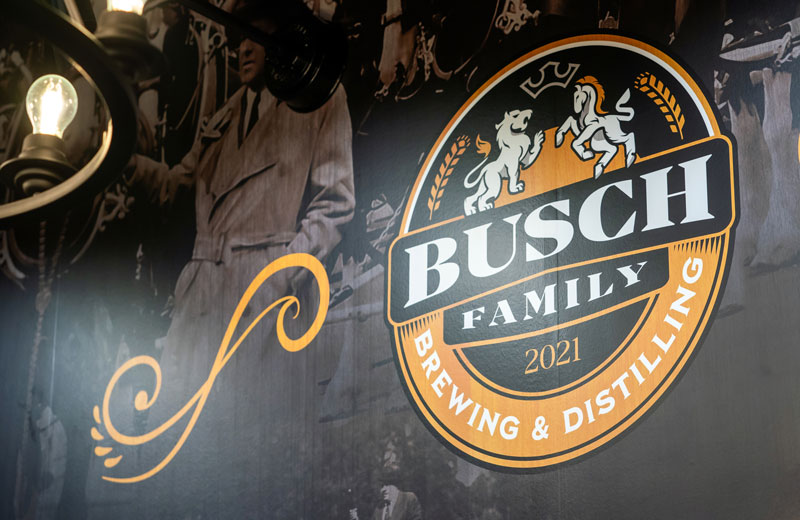
Anyone familiar with St. Louis’s history knows the impact the Busch family has on this region. Grant’s Farm, Busch Stadium, and the Anheuser-Busch Clydesdales are some of the hallmarks of living under the Arch’s shadow, and St. Louis wouldn’t be the same without this historical family’s influence. However, when family legacies get distilled into the […]
Everyone Who Has Gone Before Me: An Interview
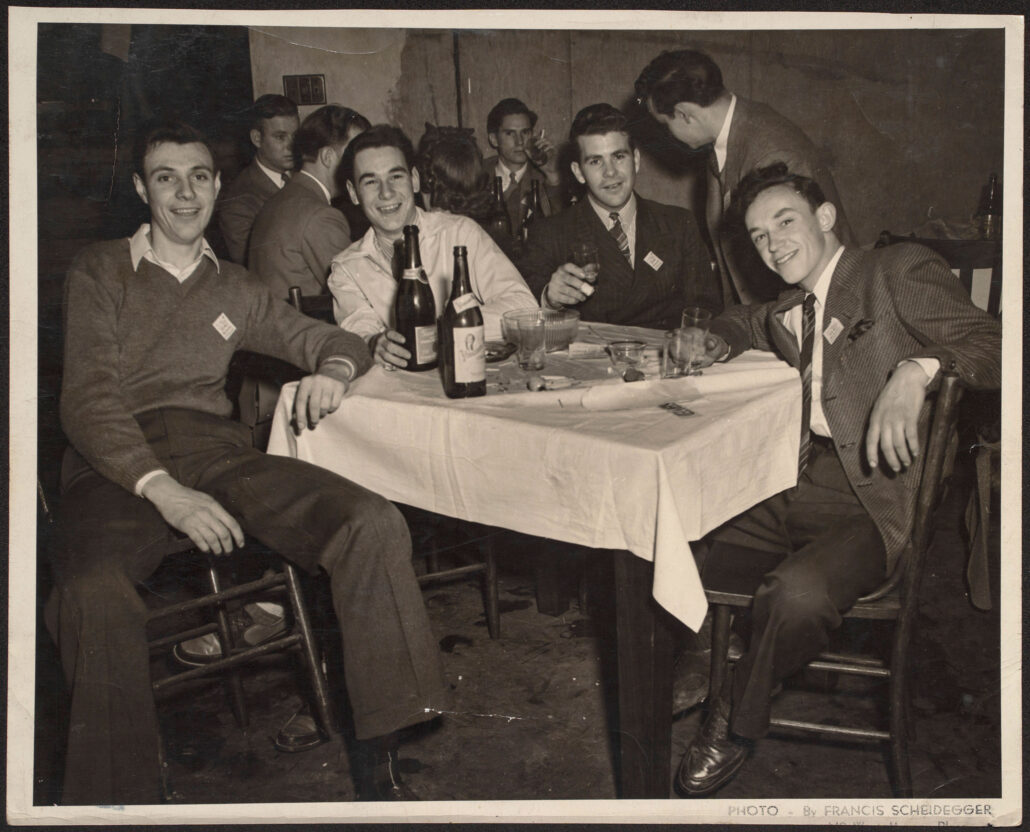
For those in my generation, much of our lives have been lived in a wholly digital world. Maybe that’s what makes the collections we work with so fascinating. Instead of being automatically dumped in digital buckets, every album, letter, and photo is curated to what’s most meaningful to the family it belongs to. We recently […]
Don’t Lose Your History
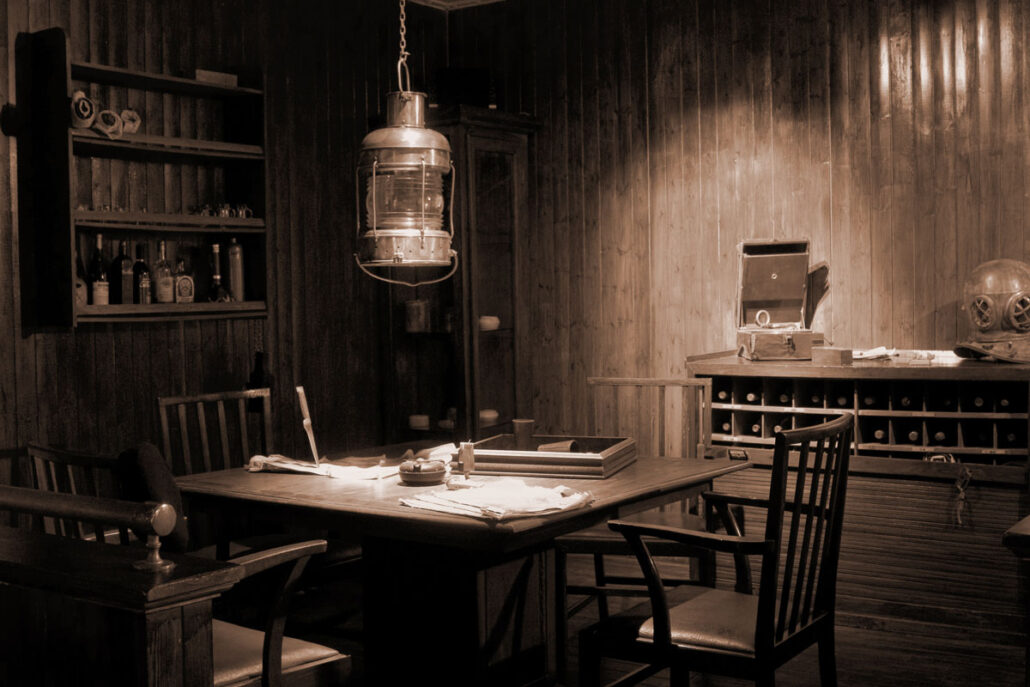
Recorded history is an irreplaceable treasure, but physical historical records are constantly under threat. Books, records, photographs, and hand-written letters are meant to be passed on to future generations, but the more they’re used, the more likely they are to sustain irreversible damage. Over time, the valuable information recorded on paper can become indistinguishable from […]
The Magic of Digital Restoration . . . Hint: It’s Not Magic

by Shana Scott If you watch police procedurals like I do, then you’ve seen the most grainy and blurry photos and videos magically render themselves back together thanks to digital restoration. Like many things on TV, the reality of digital restoration doesn’t match. There are limits to what can be enhanced or restored using digital […]
Beyond Image Capture
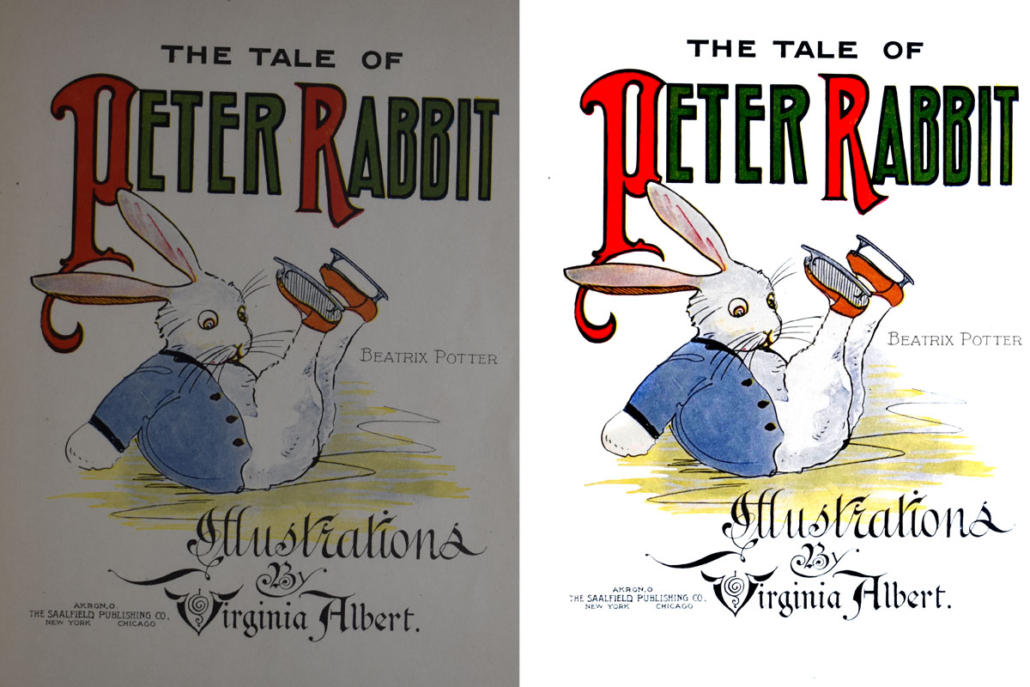
In the realm of preservation, it’s essential that a digital file—a digital representation of the original object—accurately captures the current state of a physical object. The image file should effectively serve as a placeholder, an equivalent representation to the original object. That, along with secure storage and access, make up the field of digital preservation. […]
A Cat’s Mark on History from The Hill
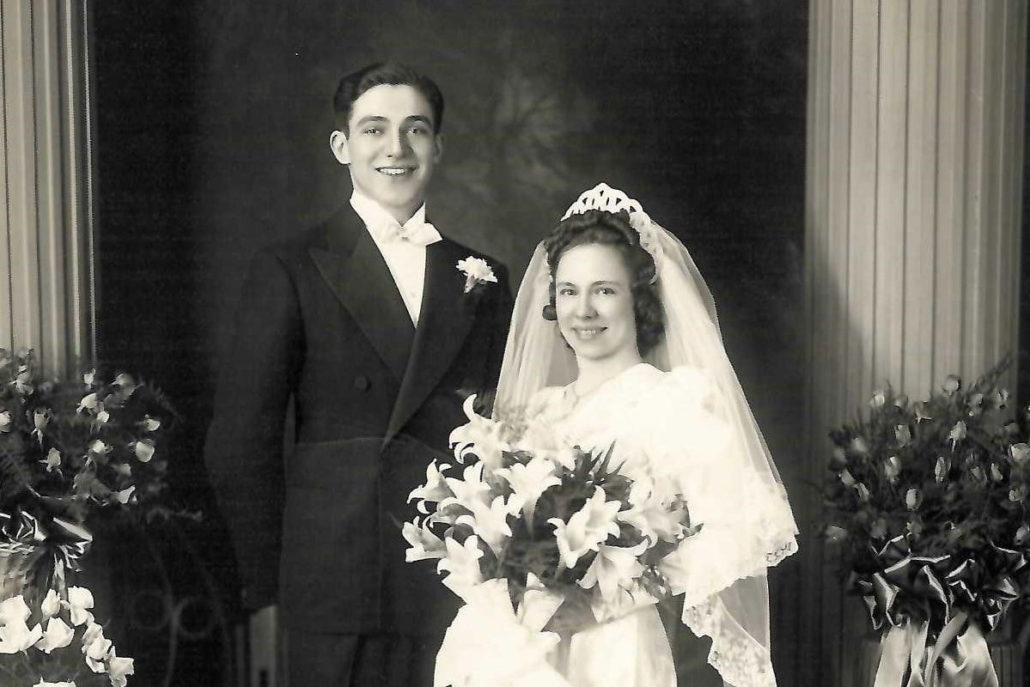
What do you do when tragedy befalls a one-of-a-kind document? Accidents are bound to happen, but it’s devastating when they happen to rare materials. Birth certificates and diplomas can be reissued, but unique, antique, or otherwise precious pieces of history don’t always have a simple—or successful—solution when the worst happens. Kelienne “Kelli” M. Miriani-Ripple was […]
Learn: What is Digital Document Restoration?

Learn about document restoration, both physical and digital, in this Anderson Archival explainer. What Is Digital Document Restoration?
Quotables: Digitizing the Stars: Harvard University’s Glass Plate Collection
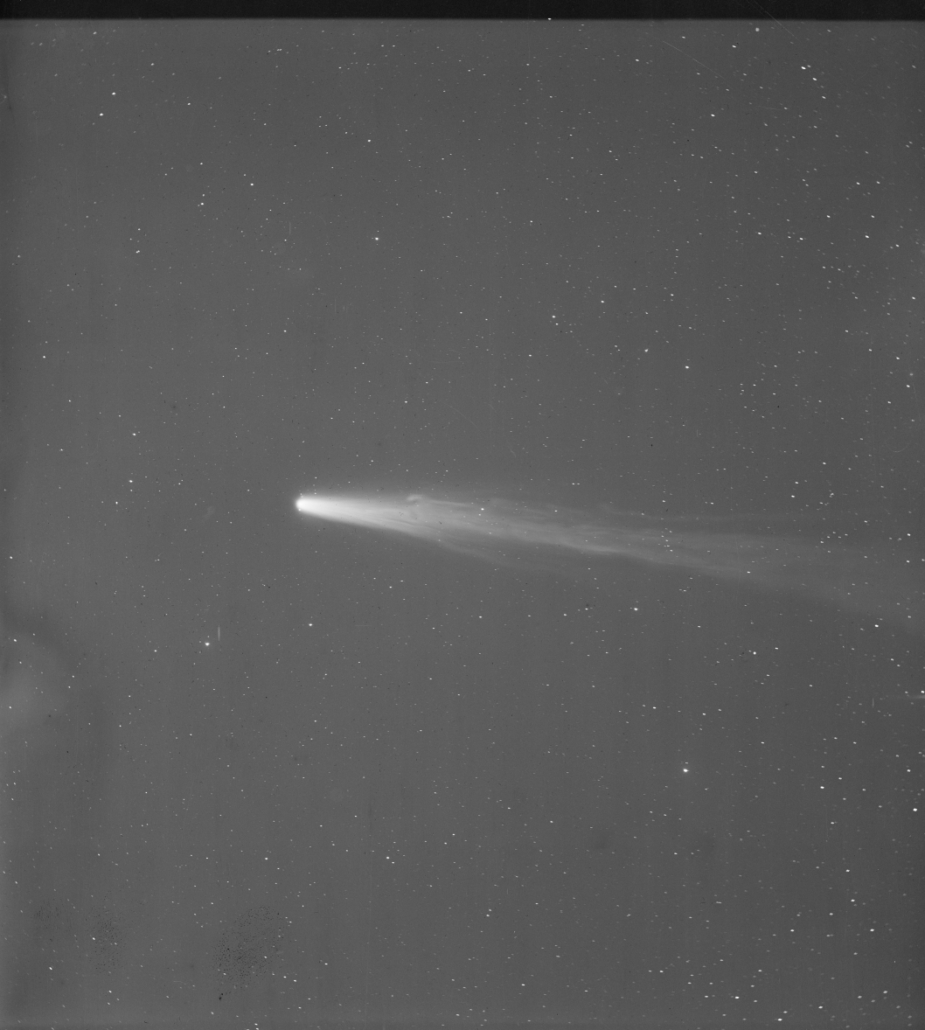
Check out Anderson Archival’s recent contribution to bloggERS! The Blog of SAA’s Electronic Records Section. Digital Archivist Shana Scott presents a case study from Harvard University’s preservation of night sky photographs. Scott tells the story of astronomer Dr. Henry Draper, his wife Anna, and the women of Harvard’s Observatory who were dedicated to the preservation […]
Anderson Archival: The Best Quality Digitizing Services

Welcome to Anderson Archival! Here historical documents are turned into readable text using quality digitizing services, which preserves precious works for future generations to enjoy. Passion, dedication, and a certain perfectionist attitude fill each member of our trained staff, and they transfer those same qualities to all the digitizing services we offer. Anderson Archival has […]




